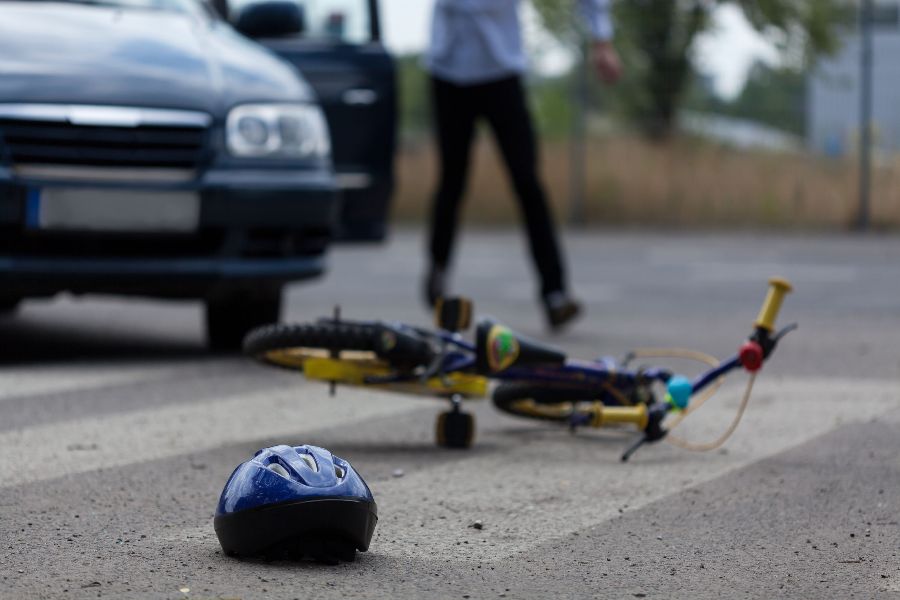Innocence Lost
Christmas 2012 has now come and gone. The world survived the end of the Mayan calendar, 12/21/12, a date that supposedly was to herald a new lunar cycle (I guess) or cataclysmic event that was to forever change this planet and the collective civilizations thereon. Two words – Didn’t happen.
Instead, the world spins on. D.C. has emptied out for Christmas with everyone retreating to their particular piece of real estate wherever that might be and the US, unimpeded, chugs on to the next catastrophe du jour, the “fiscal cliff” that some say is the harbinger of our economic demise. Armed with the same level of certainty that some long since forgotten Mayan prognosticator had a couple of thousand years ago, predictably, headlines appearing in the media following the day of the anticipated economic meltdown – Didn’t happen.
We’ve been down this road so many times before. This cycle of a frenetic rush to panic, judgement, followed by proposals for far-reaching, fundamental alterations of a way of life has ostensibly been a never ending cycle through the ages.
Hidden in Plain Sight
Consider the latest tragedy. Since 1982, there have been 61 mass murders involving firearms in 30 states. In 2012 alone, there were sixteen mass shootings in which at least 88 people perished the latest a December 14, 2012, shooting spree at a Newtown, CT, elementary school that left 27 dead including eighteen children.
Besides popular opinion that these horrific events have occurred too many times before and the grim prediction that they will occur again, battle lines are redrawn as both sides, pro and con, of the 2nd Amendment debate dig in. Beyond the gun argument, even a casual review of the facts reveals another underlying, undeniable fact – mental illness affecting the shooter. Anyone on either side of the issue should consider the motherjones.com report (http://www.motherjones.com/politics/2012/07/mass-shootings-map), “A Guide to Mass Shootings in America” in which the vast majority of these cases raise the specter of mental illness as the major contributing factor. Did this conclusion involve a clinical diagnosis? The Mother Jones report does not say specifically. Whether there was a mental health issue connected with the shooter was simply answered yes, no, or unsure.
But the mental health argument has been raised before. Except in the case of perhaps a crime of passion, is it reckless to suggest that a run of the mill rational, law-abiding citizen is not going to take up arms to shed the blood of innocents? If the mental health issue is a predictable determinant of anticipated behavior, why this broad brush approach to the eradication of gun ownership? This becomes not an issue of safety but rather control of a disarmed populace.
What Is a Parent to Do?
This is the same slippery slope we find ourselves on in a number of issues. In this increasingly violent society fueled and desensitized by this mayhem arguably pushed out by the media and scores of graphic video games, unarmed (or disarmed) American families needs to be trained in strategies for surviving a hostile situation. I have witnessed firsthand parents and childless individuals alike desperately looking for ways and answers to keep children safe. Unless parents want schools in a permanent state of lockdown with security personnel posted at every door, they’re left with no other choice except to prepare both their families and themselves with a survivor’s mentality.
There are answers but finding them requires some effort. People just need to be pointed in the right direction.
Citations:
- Author’s website and blog
- Mother Jones Map of Armed Assaults Across America
Featured images:
- License: Royalty Free or iStock sourcewww.bigstockphoto.com/image-30306425/stock-photo-american-flag-grung
- License: Creative Commons image source
Brett Braaten retired after nearly 30 years in federal law enforcement as a senior special agent and Resident Agent in Charge with the US Customs Service and later the Department of Homeland Security. He is the author of the recently published Homeland Insecurity: Failed Politics, Policies and a Nation at Risk. In it, he brings his insights of behind the scenes operations and the internal politics of federal bureaucracies to the forefront so that Americans can decide for themselves if they, their families, and their country are truly safe.
As a consultant, presenter, and trainer, Brett brings federal law enforcement survival, security skills and best practices to any audience or organization. He further illustrates how mental preparedness and a proactive survival strategy are the best ways to deal with and survive a hostile or critical situation.
People are looking for answers. They need to be pointed in the right direction. The place to start, www.homeland-insecurity.com.





